Since the endorsement of President Bola Tinubu for a second term by the ruling All Progressives Congress (APC) National Summit, internal dynamics within the party have been thrown into sharp relief. While the move appears to solidify support for Tinubu’s administration, it also raises critical questions about fairness, democracy, and governance.
Amidst speculations about potential automatic tickets for incumbents and influential members, the APC is at a crossroads in determining its approach to the upcoming elections. The decision on ticket allocation will not only influence internal cohesion but also define the party’s electoral strategy moving forward.
The recent surge in defections to the APC from opposition parties has bolstered its image of political prowess. However, concerns linger about whether this trend signifies a healthy democratic landscape or hints at a growing dominance that threatens competitive politics in Nigeria.
The open backing of Tinubu during the summit was met with mixed reactions. While some celebrated his achievements and leadership milestones, others voiced apprehensions about consolidating power in a single figure and its implications for democratic principles.
In his defense of party achievements under his leadership, Abdullahi Umar Ganduje highlighted strides in national spread, institutional strength, and strategic initiatives like the Progressive Institute. Despite these claims, discontent simmers among factions questioning Ganduje’s legitimacy and ability to navigate complex party dynamics ahead of 2027.
As power struggles intensify within the APC, concerns mount over grassroots integration of high-profile defectors and implications for local mobilization efforts. Factional clashes loom large as traditional members contend with influential newcomers over federal patronage allocation and candidacy placements.
The early endorsement of President Tinubu not only risks upsetting internal zoning balances but also sparks debates on governance performance amid economic challenges facing ordinary Nigerians. Widespread disillusionment over economic hardships poses a significant threat to voter loyalty towards the ruling party.
Looming issues such as security failures in key regions further strain public trust in APC’s ability to deliver on promises of development and stability. Growing unrest among urban youth and civil servants underscores the urgent need for effective engagement strategies centered around job creation and social welfare programs.
While opposition voices rally against what they perceive as premature politicking by the ruling party, calls for genuine dialogue with voters resonate strongly. The prospect of coalition-building among third-force candidates adds another layer of complexity to an already charged political environment leading up to 2027.
In navigating these turbulent waters, balancing elite interests with grassroots demands will be crucial for ensuring sustainable democratic practices within Nigeria’s political landscape. As stakeholders brace themselves for an eventful electoral season ahead, one thing remains clear – every move made today will shape Nigeria’s political tomorrow.


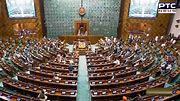
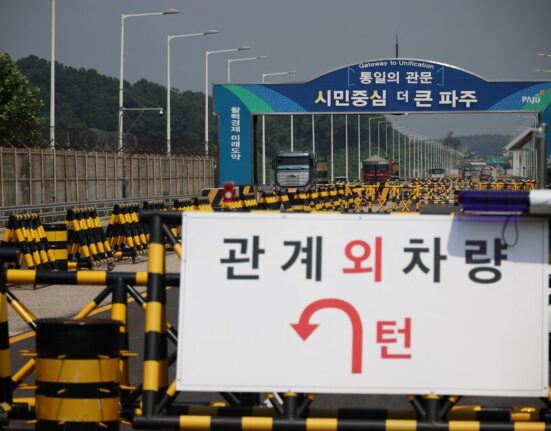
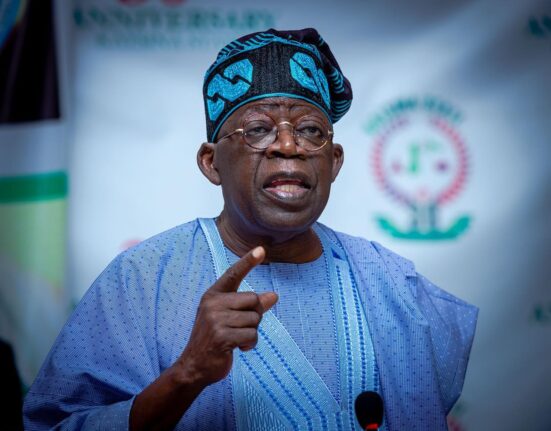

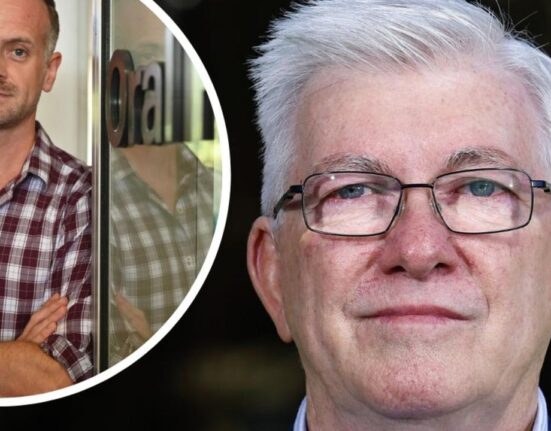
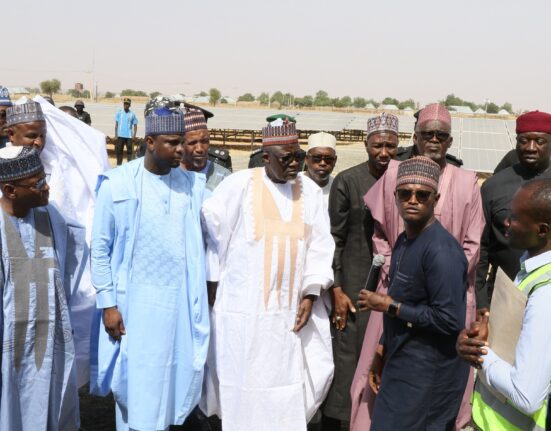

Leave feedback about this